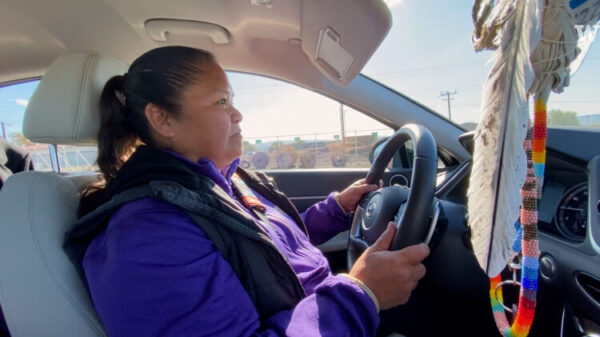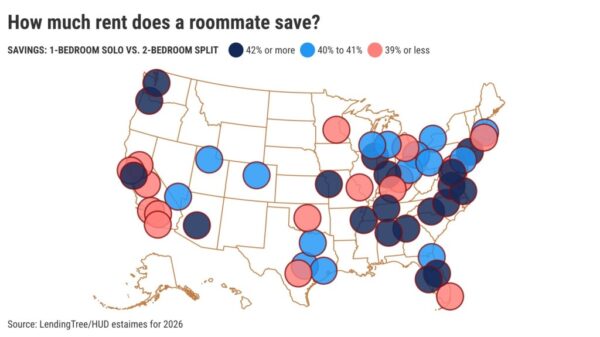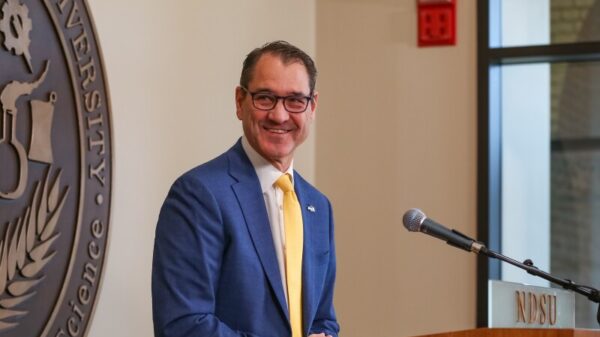A recent vote by U.S. Representative Jen Kiggans has ignited a wave of concern among families in Virginia, particularly regarding cuts to Medicaid that threaten essential services. As part of the One Big Beautiful Bill Act passed in July, these changes are already impacting vulnerable populations, including children and individuals with disabilities.
Families Confront Critical Challenges
Amanda Berg, a resident of Virginia Beach, expressed her frustration over the cuts, stating that they undermine the support systems families rely on. “These Medicaid cuts are not theoretical. They are already happening, and they’re hitting the most vulnerable,” she remarked. Berg’s son has benefited from critical services like pediatric care and speech therapy, which are now at risk due to the recent legislation.
During a visit to Kiggans’ office in Washington, D.C., Berg was assured by the staff that the representative would oppose such measures. Disillusioned by what she perceives as a betrayal, Berg is one of many families left uncertain about the future of their healthcare. “Thousands in our region are now left wondering whether their care will survive the cuts,” she added.
With the school year approaching, parents are increasingly anxious about how the loss of support services will affect their children, especially those who are neurodivergent. Berg emphasized the necessity of Medicaid for building a future where every child can thrive, saying, “In voting for this bill, Kiggans didn’t just vote for a budget; she voted to dismantle lifelines for families.”
Energy Debate Heats Up in Virginia
In a separate but related discussion, the Southern Environmental Law Center recently tackled the energy needs of Virginia. The organization suggests that new modeling confirms the potential for new nuclear energy but questions the reliance on natural gas. Josephus Allmond, a staff attorney with the center, asserts that Virginia can meet its energy demands without gas by focusing on large-scale energy storage and emerging carbon-free technologies.
Allmond criticized the Virginia Energy Consumer Trust for promoting natural gas, calling it a marketing scheme that overlooks the environmental impact on marginalized communities. He pointed out that advocating for new gas projects in 2025 could perpetuate environmental injustices faced by communities already affected by fossil fuel developments.
The debate over energy sources is becoming increasingly vital as Virginia seeks to balance its energy demands with environmental considerations. Allmond’s comments reflect a broader concern about the implications of energy decisions on vulnerable populations.
As political tensions rise, citizens are calling for accountability and transparency from their elected officials. The ongoing discussions surrounding Medicaid and energy policy highlight the pressing issues facing families and communities in Virginia, underscoring the need for protective measures in both health and environmental sectors.
In the realm of political sentiment, some constituents are expressing dissatisfaction with the current administration. A letter from Sam Jackson of Newport News criticized Democrats for their perceived failure to support President Donald Trump, suggesting that this has contributed to their declining popularity. Jackson’s comments reflect a broader discontent among certain segments of the population regarding political leadership.
As these issues unfold, it is clear that the choices made by lawmakers have far-reaching consequences on the lives of families and the future of energy policy in Virginia and beyond.







































































